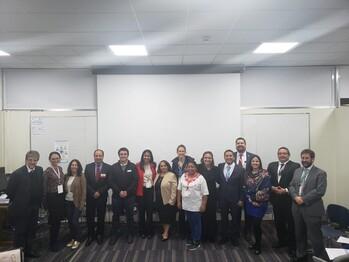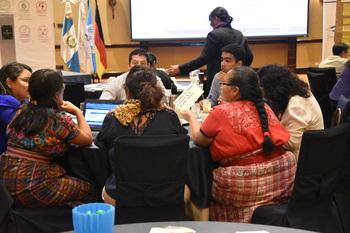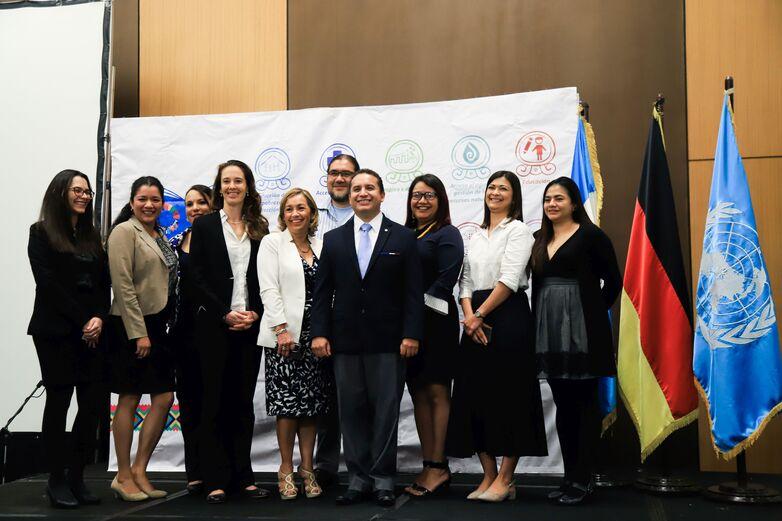Approach
In a first step, the employees of SEGEPLAN will receive training to ensure mainstreaming of the national development priorities in the various individual departments. To ensure that the individual ministries perform their activities throughout the year in accordance with the plan, cooperation with the supreme audit institution (Contraloría General de Cuentas) is also planned to complement the work with SEGEPLAN. In contrast to the advisory function of the planning authority, the supreme audit institution performs a checking and auditing role and verifies that the budget planning and actual expenditure correspond.
In parallel with this, the monitoring capacities within SEGEPLAN are being reinforced. A new monitoring and evaluation department was recently founded and now requires expert support. A particular challenge here is the wide range of indicators and, correspondingly, data that needs to be collected and systematised. One of the features of the 2030 Agenda is its ‘leave no-one behind’ principle. In Guatemala, this means in particular considering people in urban slums, the indigenous population, women, children and young people – the groups that have the hardest time escaping poverty. It is therefore essential to involve not only ministries and other government agencies, but also civil society, academia and the private sector. This is achieved through the national development council system SISCODE (Sistema de Consejos de Desarrollo).
Many other institutions – including universities and research institutes, economic committees and civil society observatories – already collect data that could help SEGEPLAN with monitoring. Coordination with these actors needs to be improved and cooperation formalised.
The project also provides support with compiling reports on the implementation status. These reports are intended to serve as a decision-making aid for the government cabinet at national level, and will also be presented to the United Nations as part of the official reporting on the 2030 Agenda. The recommendations of civil society, academia and the private sector should be included here to provide SEGEPLAN with well-founded arguments to give evidence-based advice on future policy formulation.


